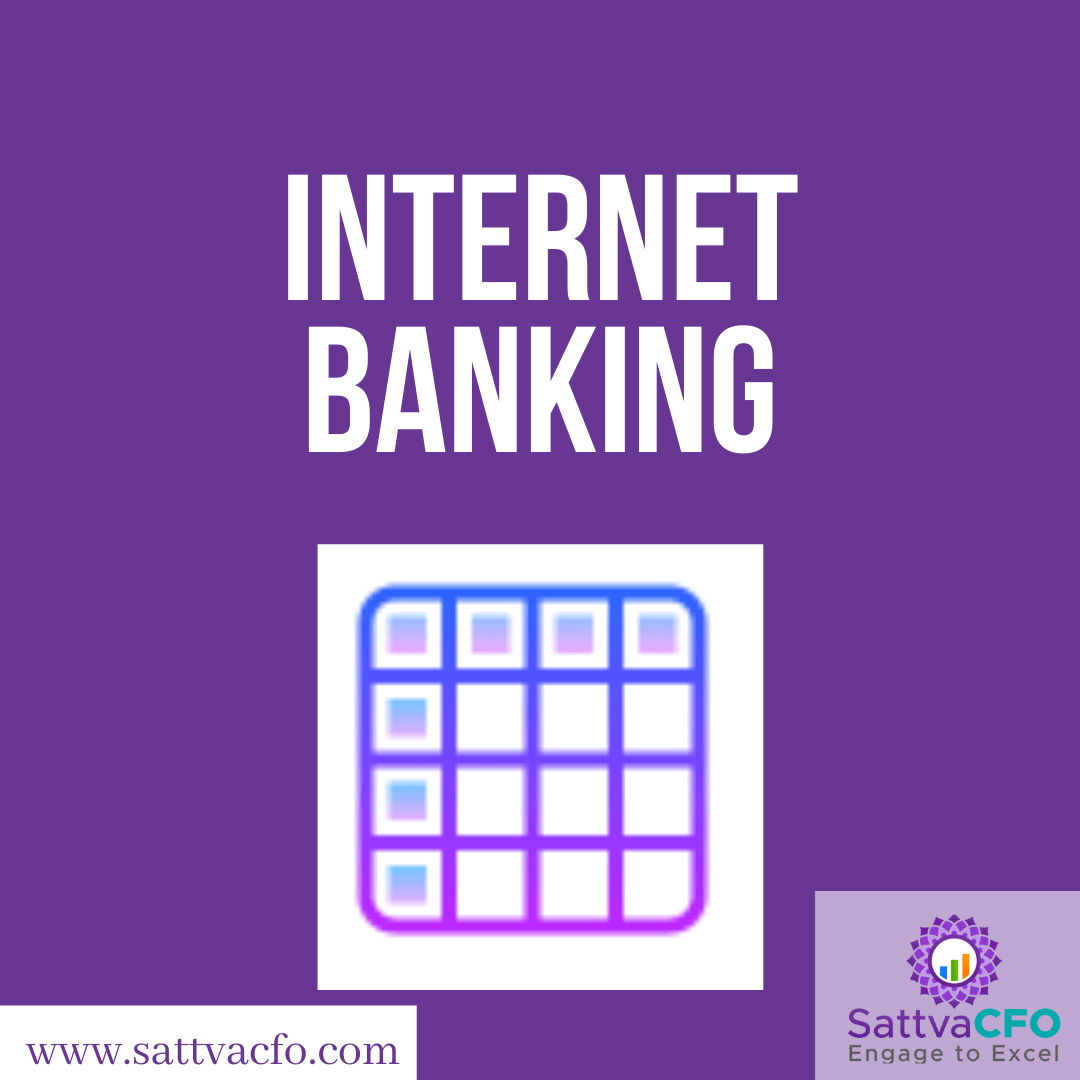Internet Banking – Features, Advantages and Disadvantages, FAQs
The article discusses Features, Advantages and Disadvantages, FAQs of Internet Banking.
What is Internet Banking, and how does it work?
Internet banking, often known as net banking or online banking, is an electronic payment system that allows a bank or financial institution’s customers to conduct financial and non-financial transactions through the internet. This service provides online access to nearly all banking services that were previously only available in a local branch, such as fund transfers and depo.
Anyone who has registered for internet banking at the bank has an active bank account or works for a financial institution can use it. A consumer who registers for online banking services does not need to visit the bank every time he or she needs a banking service. It is not only convenient, but it is also a safe way to the bank. Uniq protects internet banking websites.
Features of Internet Banking
- Financial and non-financial banking services are available.
- At any moment, you may check your account balance.
- Pay bills and move money to different accounts.
- Keep a close eye on your mortgages, loans, and bank-linked savings accounts.
- Banking that is safe and secure
- With a one-of-a-kind ID and password, it’s safe and secure.
- Customers can request a cheque book.
- Purchase a general policy.
- Automated recurring payments and standing orders can be set up or canceled.
- Keep an eye on your bank account’s investments.
Advantages of Internet Banking
Any Time Banking
Internet banking is available 24 hours a day, seven days a week, unlike traditional banking hours. It is open all year round, 24 hours a day, seven days a week. The majority of internet services are not time-limited. Users may quickly check their bank balances, account statements and make cash transactions.
The convenience of beginning financial transactions
Because of its convenience, Internet banking is widely used. Users who have registered may access nearly all financial services without going to the bank or waiting in lines. Financial operations such as paying bills and moving cash between accounts can be completed at any time, according to the user’s convenience.
Acknowledgment Slips
The bank provides acknowledgment slips following transactions that have a high chance of becoming lost. However, it is pretty easy to keep track of all of the transactions that the customer has undertaken with online banking. The ‘Transaction History’ area organizes online transactions and fund transfers, as well as additional information, including the payee’s name, bank account number, the amount paid, payment date and time, and notes.
Speedy fund transfer
Online banking users may move money between accounts quickly and securely, primarily if the same bank owns the accounts. According to the user’s preference, funds can be sent by NEFT, RTGS, or IMPS. Bill payments, EMI payments, loan payments, and tax payments are all simple to complete. Furthermore, both the transactions and the account are protected by a password and a unique User-ID.
Non-financial Transactions
In addition to cash transfers, online banking customers may access non-financial services such as balance checks, account statement checks, and applications for cheque book issuance, among others.
Disadvantages of Internet Banking
Complications with Technology
An online bank is only as good as your — or their — internet connection in many respects. You might not be able to access your account if there is a power outage or if the servers go down. While some banks provide a customer care phone number, it may be overburdened if online access is unavailable. You can always find someone to chat to in a genuine bank branch.
Security Concerns
While many online banks are trustworthy and well-established, it may be not easy to trust a bank that does not have a physical presence, especially when dealing with significant quantities of money. What happens if a website goes out of business unexpectedly? If someone gets illegal access to your account, you run the danger of identity theft — or actual theft.
Complex Transactions are inefficient
You might be able to move money between accounts or pay bills using an online payment system, but you might choose to use an international, bricks-and-mortar bank if you do have complex transactions. Business-oriented banks across the world, including Chase, offer global transaction capabilities, such as the capacity to transfer payments in over 35 different currencies, that internet banks may not provide. Most internet banks can’t even offer the services of a notary public, which need an in-person visit and are required for the most important financial transactions like buying a property because they don’t have a physical presence.
There isn’t any Relationship with a Personal Banker
If you visit a traditional brick-and-mortar store, you can build a connection with a personal banker over time. On the other hand, when interacting with an online bank, you’ll usually be sent to an anonymous customer care representative who won’t recognize you from the next client.
Deposits are inconvenient
It may seem contradictory that a bank whose goal is to attract assets makes it difficult for clients to deposit money, yet this is the situation with some online banks. You can’t just drop off cash or a cheque at a local branch with an online bank. Some internet banks, such as Ally Bank, even refuse to accept cash deposits.
FAQ’S
How do I go about using online banking?
You must have an active account with any bank or financial institution to use online banking. To get a unique ID and password, you must first register for internet banking at the bank. You can do so by downloading the net-banking application form from your bank’s website or visiting the bank and filling it out in person.
Is it possible to update my online banking password?
All users must update the password given by the bank after signing in to the net banking portal for the first time. You should also update your password every two months, at the very least.
When accessing internet banking, what procedures should be followed?
When accessing internet banking, there are a few things to keep in mind:
- Avoid using public Wi-Fi and instead, use a VPN.
- Use a legitimate anti-virus program.
- Make sure your smartphone or device’s operating system is up to date.
- At least once every two months, change your login password.
- Avoid using mailers to enter into your online banking system.




